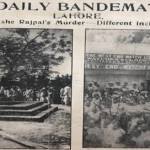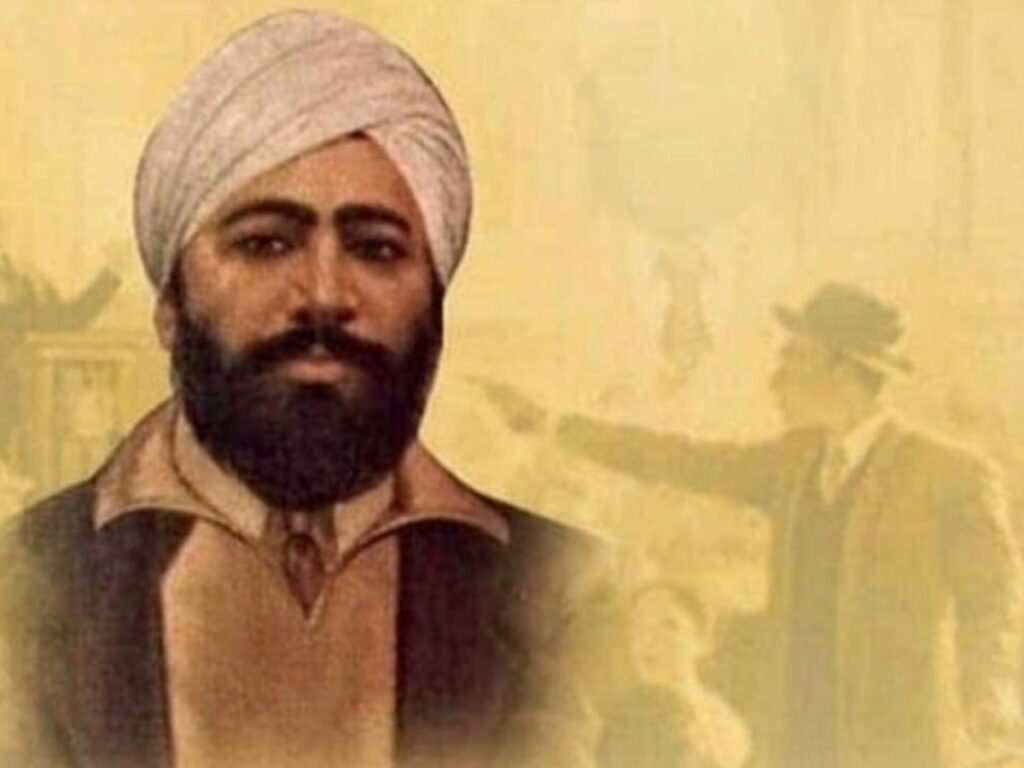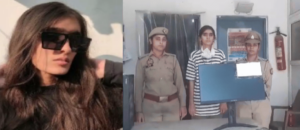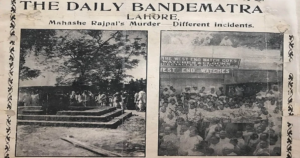Year 1919. Baisakhi day. Thousands of people had gathered in a park in Amritsar, Punjab. Under the Rowlatt Act, Satya Pal and Saifuddin Kitchlew of Congress were arrested by the British. People were protesting peacefully against the arrest of both there. General Dyer came there with his army. And surrounded the whole garden. He neither asked the protesters to leave nor gave any warning. Dior did just one thing. Ordered his army to fire.
Then the massacre started. The British opened fire on those innocent people. Many people lost their lives in that firing. The only exit gate of the garden was closed by the British. People started climbing the wall of the park to escape. Some jumped into the well to save their lives. Everyone was angry with this action of the whites. But there was a person due to this incident, who got so angry that he made up his mind to drip General Dyer. This was Sardar Udham Singh. Take a look at some anecdotes related to the life of Udham Singh.
1. From Birth to Orphanage
Sardar Udham Singh was born on 26 December 1899 in Sunam village of Sangrur district of Punjab. Papa Sardar Tehal Singh was a railway watchman in Jammu Upalli village. Father named Sher Singh. He also had a brother. Mukhta Singh. Udham became an orphan at the age of seven. First mother passed away and after 6 years father. After the death of the parents, both were sent to the Central Khalsa Orphanage in Amritsar.
There people gave a new name to both the brothers. Sher Singh became Udham Singh and Mukhta Singh became Sadhu Singh. Sardar Udham Singh changed his name to Ram Mohammad Singh Azad for the unity of Indian society. Which symbolizes the three major religions of India.
The monk also died in the year 1917. In 1918, Udham passed the matriculation examination. In the year 1919, he left the orphanage.
2. Jallianwala Bagh Massacre and His Pledge
The Jallianwala Bagh massacre took place on 13 April 1919 in front of Udham Singh. He had seen the handiwork of Dyer with his own eyes. He was a witness to the murder of thousands of Indians who were gunned down on the orders of General Dyer. It was here that Udham Singh took the soil of Jallianwala Bagh and took a pledge to teach a lesson to General Dyer and then Governor of Punjab, Michael O’Dwyer. After this he joined the revolutionaries.
Sardar Udham Singh went out of the country after collecting donations from the revolutionaries. He traveled to South Africa, Zimbabwe, Brazil and America to collect a lot of money for the revolution. Meanwhile, the big revolutionaries of the country kept giving their lives one by one fighting the British. In such a situation, it was becoming difficult for them to run the movement. But he kept working hard to fulfill his promise. General Dyer died of illness before Udham Singh reached London. In such a situation, he focused his full attention on killing Michael O’Dwyer. and completed it.
3. Fan of Bhagat Singh
Udham Singh was very fond of Bhagat Singh. Udham was very impressed with his work. He considered Bhagat Singh as his guru. When he went to Kashmir in the year 1935. There Udham was seen with a portrait of Bhagat Singh. He loved to sing patriotic songs. Ram Prasad was also a fan of Bismil. After living in Kashmir for a few months, he went abroad.
4. Death of Dwyer
Sardar Udham Singh was outraged by the Jallianwala Bagh massacre. General Dyer died of brain hemorrhage in 1927. In such a situation, Michael Francis O’ Dwyer, who was the governor of Punjab at the time of that massacre, became the target of Udham Singh’s anger. who justified the massacre. On 13 March 1940, there was a meeting of the Royal Central Asian Society at Caxton Hall in London. There Michael O’ Dwyer was also one of the speakers. Udham Singh reached there on time that day.
He hid his revolver in a thick book. know how? He had cut the pages of the book in the shape of a revolver. And it was made like a box. It made it easier for them to hide the weapon. After the meeting, Udham Singh targeted Michael O’Dwyer, taking the lead from behind the wall. Dwyer was hit by two bullets fired by Udham, which killed him instantly. With this, Udham Singh fulfilled his vow. And gave a message to the world that Indian heroes never leave the tyrants.
Udham Singh did not try to escape from there and was arrested. They were prosecuted. There was a court appearance.
The judge questioned why he didn’t kill his friends other than O’Dwyer. Udham Singh replied that there were many women there. And in our culture it is a sin to attack women.
After this, Udham was given the title of Shaheed-e-Azam, which Sardar Bhagat Singh got after his martyrdom.
5. The Story of the Dying
On June 4, 1940, Udham Singh was convicted of murder. On July 31, 1940, he was hanged in Pentonville Prison. In this way Udham Singh became immortal in the history of India’s freedom struggle. In 1974 Britain handed over his remains to India. The work done by Sardar Udham Singh to kill the British by entering his house was praised everywhere. Even Jawaharlal Nehru praised it. Nehru said that the murder of Michael O’Dwyer is regrettable, but it was also very necessary. This incident suddenly intensified the revolutionary activities inside the country.
This story of Sardar Udham Singh continued to inspire the agitators. Everyone knows all the events after this. The British had to leave the country within 7 years and our country became independent. Udham Singh may not be able to breathe in independent India while he is alive, but he must be feeling the freedom by living in the hearts of crores of Indians.
BY-Rajeev Choudhary













Thanks.